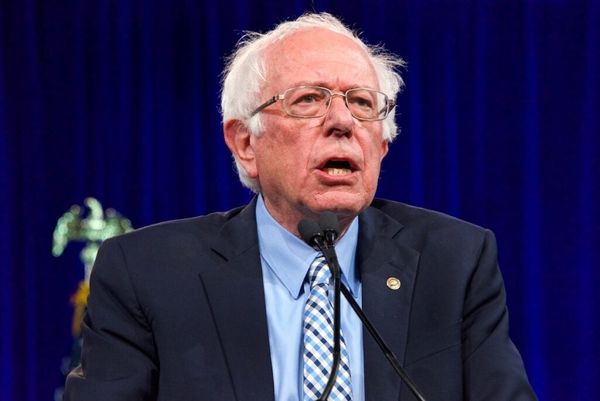
Two key rules of politics are to always look ahead, and to understand your opponent. And so it is that just months after crushing the Conservatives in a general election, many Labour MPs are bracing for fresh challenges and a new foe – Reform UK.
Nigel Farage’s party is in parliamentary terms a minnow, its five MPs giving it little more than 1% of the Commons strength enjoyed by Keir Starmer. But many within Labour believe that by the time of the next election, things could be very different.
With the Conservatives still finding their feet after a catastrophic defeat and bruising leadership battle, Reform could be best placed to ride any populist wave that reaches the UK, following on from successes for the hard right in Europe and the re-election of Donald Trump.
Capturing headlines is one thing, however; winning a mass of seats another. Thus the current focus inside Reform on building up local branches packed with door-knocking, leaflet-delivering volunteers, a model based openly on the famously effective Liberal Democrat electoral machine.
One of the main tests of this idea will come in May 2026, when elections to the Senedd in Wales are held, under a new and completely proportionate system where voters will pick an expanded cohort of 96 members via party lists.
Reform won none of the 32 Welsh Westminster seats in July, but came second in 13, in a cluster in south Wales. The party has predicted it could win more than 15 Senedd members, with Farage promising they will be the main challengers to Labour.
Their task is aided by the well-documented global sequence of swings against incumbents – and in Wales, every first minister in the 25-year history of the post has been Labour.
With figures around Starmer in Downing Street hugely aware that their best chance of holding off a populist surge will be delivering noticeable change to voters, it is no coincidence that the prime minister will attend the Welsh Labour conference in Llandudno on Saturday bearing a message about investment and growth, touting a £160m investment zone in Wrexham and Flintshire.
In a parallel announcement, the Wales secretary, Jo Stevens, is to say steelworkers and their families affected by the closure of furnaces in Port Talbot will be entitled to grants of up to £10,000.
Labour in Wales are “taking Reform very seriously”, a party source said, adding: “But they will face challenges. You could argue they will struggle to show a Welsh identity. They don’t have any plans to have a Welsh leader, so Nigel Farage will be the figurehead and he’s quite divisive.
“And with the new system every party needs not just 96 candidates but three spares for every constituency. That means a lot of infrastructure and due diligence. It’s a challenge for every party, but particularly for an insurgent one. It could be tough for them. But they’re not to be underestimated.”
A more imminent test of Reform’s efforts to build an electoral base comes in May next year, with local elections in more than 30 county and unity councils across England, including Reform-friendly coastal areas in the south and east.
“Reform were third behind us and the Conservatives in my constituency in the general election, but the local Tories are still in a bit of a mess, and Reform could do well in May,” said one Labour MP with local elections due. “I’m definitely looking over my shoulder at them. They have a lot to do, but if they can sort out the organisation, they could be a force.”
This potential threat is in part just a product of Labour’s sweeping success in the general election, winning a mass of previously Tory seats, many around coasts and particularly in the countryside – Labour now holds more rural seats than the Conservatives.
“In some ways it’s a good problem to have, defending so many constituencies,” another Labour said. “And if we want to hold them, it’s all about delivering – nothing else matters.”







